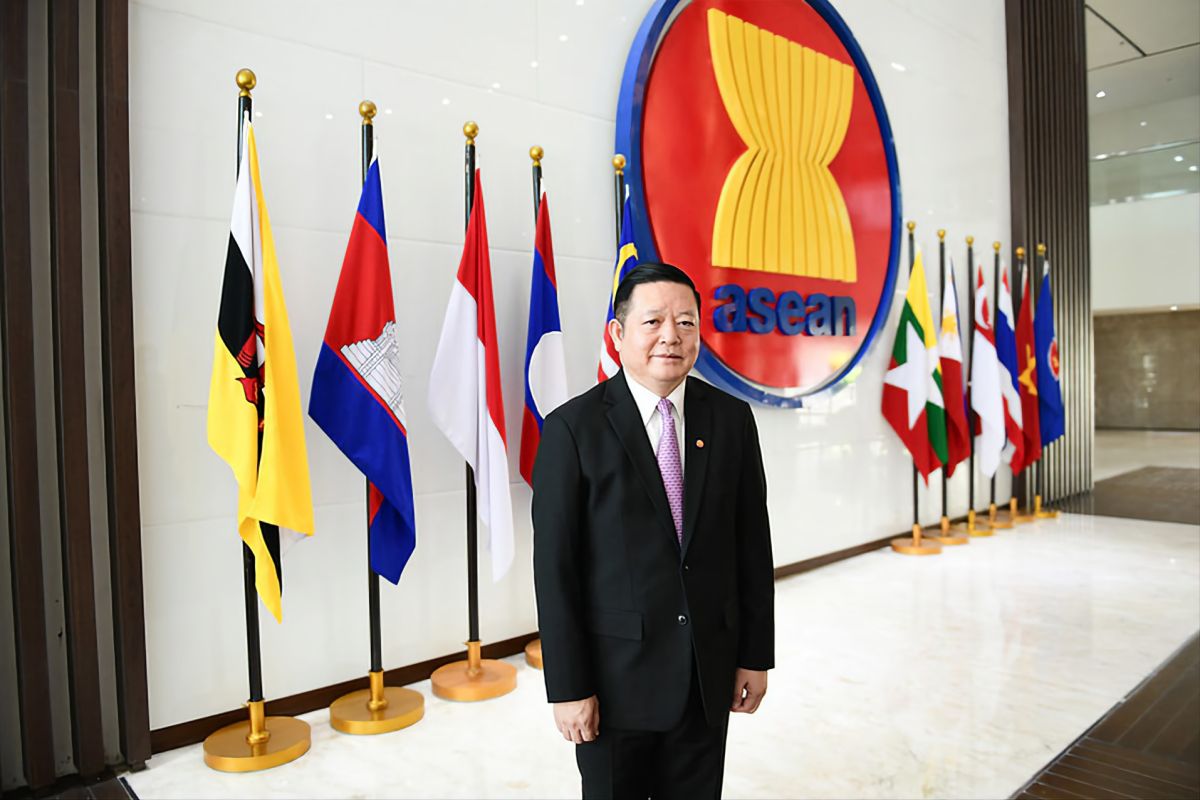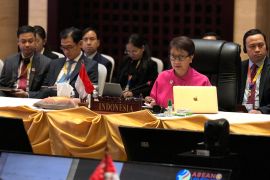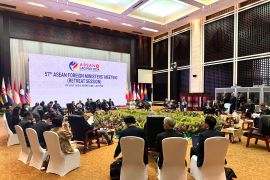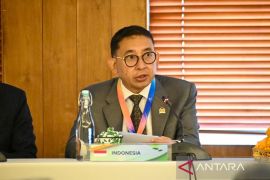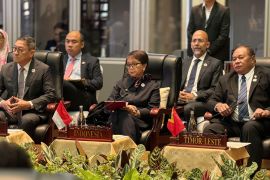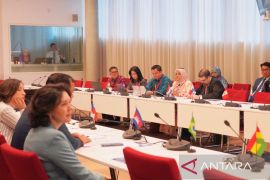His enterprise, Bambuhay, produces bamboo straws and toothbrushes to replace plastic-based products.
To date, his ambition has brought real positive impact for 13,910 farmers, providing them with an increased sustainable source of income and brought 68 families out of poverty.
Their work has helped remove around 1,100 tons of plastics from the environment and planted nearly 40 thousand trees and bamboo. His products are wholeheartedly welcomed by consumers and recognized by multinational companies, having supplied bamboo straws for Coffee Bean and Tea Leaf in the Philippines.
As we celebrate the United Nations' MSME Day on June 27 in recognition of the tremendous contributions of micro, small and medium-sized enterprises (MSMEs) to the achievement of the United Nations Sustainable Development Goals (SDGs), Bambuhay’s story is a remarkable example of how MSMEs can play a significant role in transforming ASEAN towards a circular economy and prepare the region for a sustainable future.
Shift Towards Circular Economy
The recovery and rebuilding efforts from COVID-19 ushered in the focus on circular economy and sustainable development. Restricted mobility due to the pandemic disrupted the traditional business model, prompting every firm to adapt and seek alternative supply networks.
The surge in consumers’ reliance on online shopping and food delivery has led to an upsurge in packaging waste, thereby exacerbating the imminent crisis in waste management in the world. The World Bank estimated that global waste generation will see a 70-percent increase between 2016 and 2050.
The World Economic Forum reported that by 2030, ASEAN is expected to see 140 million new consumers, representing 16 percent of the global increase.
Fortunately, a remarkable change has unfolded in consumer behavior, heralding a careful reevaluation of the consumption patterns that impact their health and the environment. Demand has shifted towards more sustainable products for which consumers were willing to pay premium costs.
The COVID-19 pandemic also triggered a strong sense of community and preference to support socially responsible enterprises, as evident from intensified collaboration and coordinated efforts to purchase from local businesses. These shifts paved the way for innovations that promote waste reduction, resource conservation, as well as self-sufficiency through locally sourced and produced goods.
Copyright © ANTARA 2023
